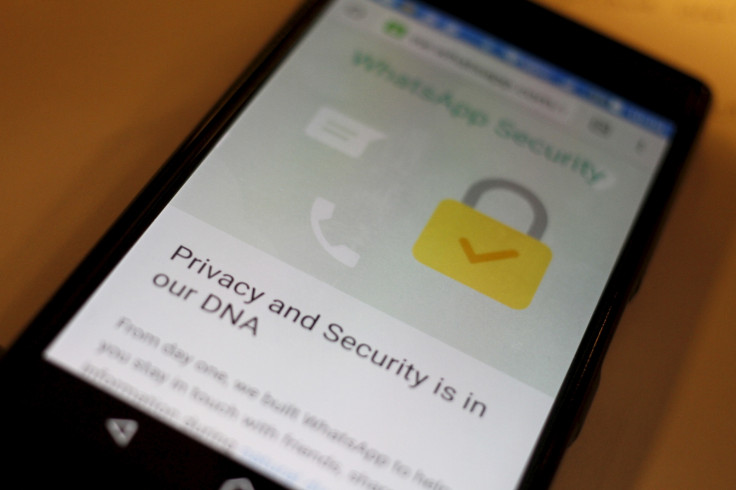Russia demands backdoor to spy on users of WhatsApp, Viber and Telegram messaging apps

Russian politicians are trying to pass a new mass surveillance bill that will require every single mobile messaging app used in the country to provide Russia's secret service with a backdoor to access all citizens' messages – or face a hefty fine if they refuse to comply.
The bill has already been approved by the Duma – Russia's lower legislative house – and if the legislation is passed into law, this would mean that anyone using messaging apps like WhatsApp, Telegram, Facebook Messenger or Viber would have their communications monitored by the Federal Security Service (formerly the KGB).
WhatsApp, Telegram and Viber all now offer differing levels of encryption to secure users' communications from prying eyes, and these apps are specifically mentioned in the bill, which aims to curb terrorism.
These apps can choose to make their services unavailable in Russia if they disagree with the new laws, but if they continue to operate in the country without providing the government with the necessary backdoors, they could face fines of up to 1 million rubles ($15,500, £10,500).
The bill is being pushed by Russian Senator Elena Mizulina, who said she is deeply concerned about closed chatrooms on messaging apps because as teenagers are being "brainwashed" by extremists into murdering police officers, according to Current Time, a TV station for Russian-speaking audiences in countries bordering Russia.
The bill also states that citizens will be fined between 3,000-5,000 rubles if they don't comply with decrypting electronic communications, while officials who stand in the way can potentially be fined 30,000-50,000 rubles.
Mizulina is also behind the controversial law banning "homosexual propaganda" from 2013 and has also called for messaging platforms to be "pre-filtered" in the past in order to cut down and prevent conversations about suicide, but this was deemed to be infeasible to deploy as a solution thanks to the way encryption works.
WhatsApp, one of the most popular mobile messaging apps in the world, announced that it would be offering end-to-end encryption in April following an epic battle between the FBI and Apple in the US over whether Apple should be forced to unlock iPhones so that law enforcement can gain access to messages sent via messaging apps and SMS.
Viber also announced that it would be adding end-to-end encryption and hidden chats to its app in April shortly after WhatsApp, and Telegram is already end-to-end encrypted, and while the app is trying to cut down on Islamic State (Isis) supporters using it as a key communication tool, in many cases the app has no idea what these people are saying to each other unless another user reports a channel or chatroom.
© Copyright IBTimes 2025. All rights reserved.






















